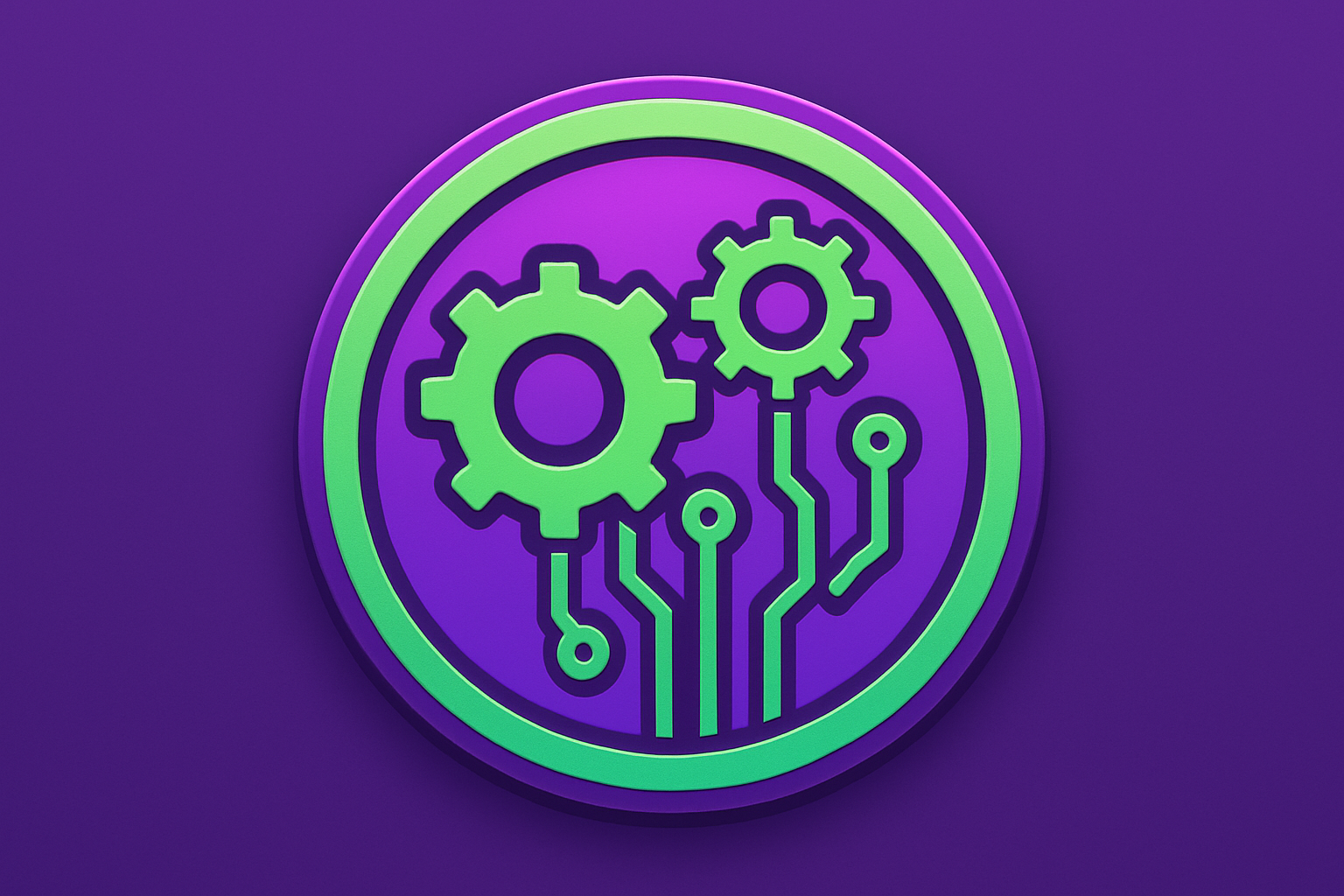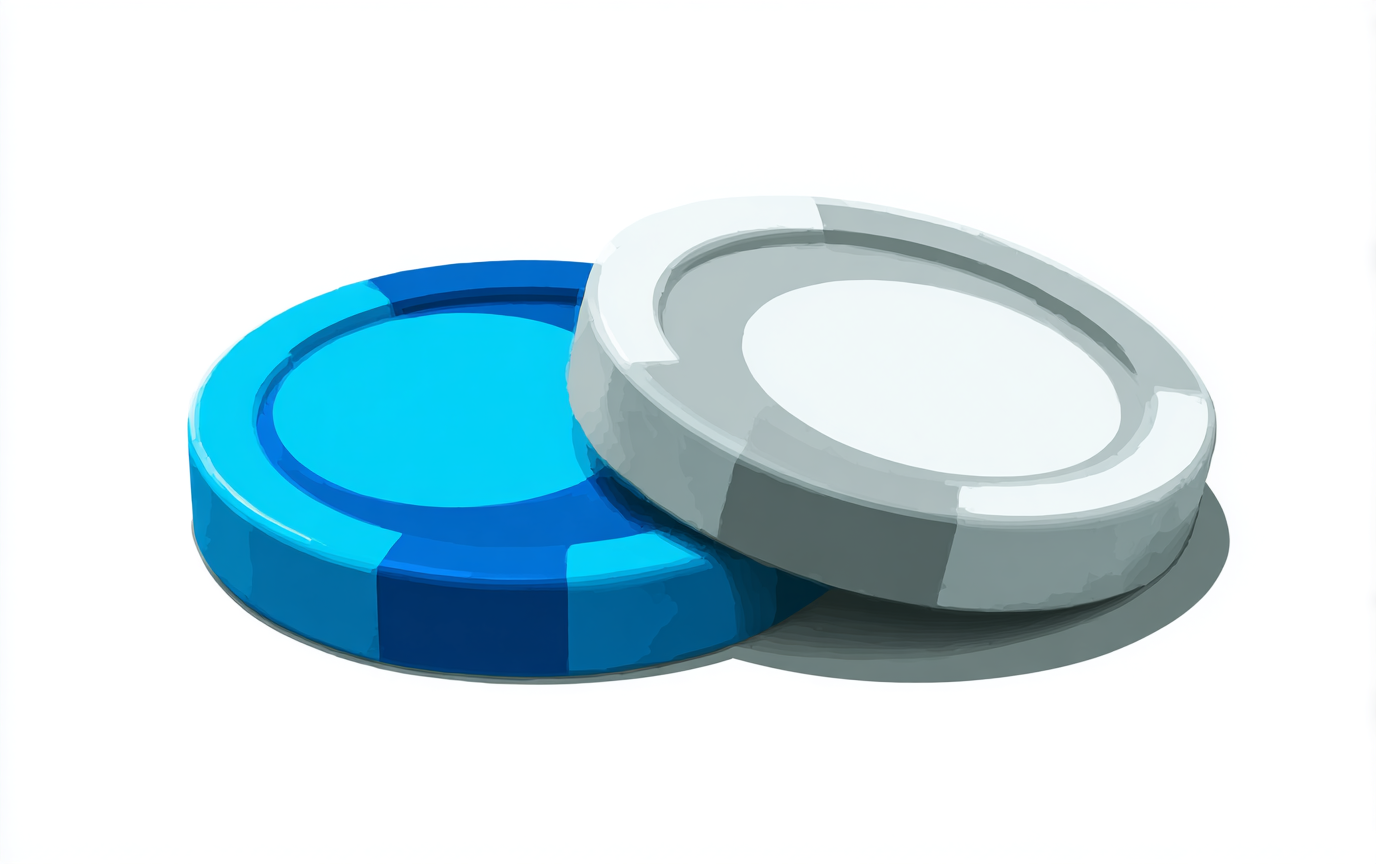Smart contracts are one of the most exciting developments in the blockchain space, providing a brilliant solution that automates the execution of contracts without the need for intermediaries. If you’re wondering how smart contracts work, you’re in for a treat! Understanding these innovative digital agreements is crucial for anyone looking to delve into the world of cryptocurrency and trading. Not only do they streamline processes and increase efficiency, but they also minimize the potential for disputes and enhance trust between parties involved. In this comprehensive guide, you’ll discover the key components of smart contracts, how they function step-by-step, and their numerous applications in today’s digital landscape.
Key Components of Smart Contracts
To grasp how smart contracts function, let’s dissect their fundamental components:1. Blockchain Storage
Smart contracts thrive on blockchain technology. They are stored and replicated across multiple nodes within the blockchain network. This decentralized storage means they are secure, permanent, and immutable. The reliability of blockchain ensures that once a smart contract is executed, the transaction is irreversible and transparent. This aspect eliminates the risk of tampering, thus enhancing trust among parties.2. Conditional Execution
Smart contracts use a conditional statement model—think of it as “if/when… then…” logic. This means a smart contract is designed to execute actions based on specific conditions being met. For example, if a party pays a specified amount, then the contract will automatically release a digital asset to that party. The clever use of code allows these contracts to function autonomously, ensuring efficient execution once the set conditions are validated.3. Decentralized Enforcement
Unlike traditional contracts that rely on parties to enforce them through legal channels, smart contracts enforce their terms through code. This means that all participating entities have guaranteed outcomes without needing third-party involvement. Once the blockchain network verifies that conditions are met, the smart contract executes its actions automatically, providing a trustless way of doing business.4. Use of Oracles
In cases where real-world information is required for triggering contract actions, we look to oracles. These are third-party services that feed external data into the blockchain, enabling smart contracts to react to changes in the real world. For instance, if a smart contract is intended to release funds when a specific stock price is reached, an oracle can provide the necessary price data to initiate that action.How Smart Contracts Work: A Step-by-Step Guide
Now that we’ve covered the key components, let’s break down the operation of smart contracts:1. Agreement Setup
The first step in creating a smart contract involves defining the terms of the contract. This means both parties must agree on the specific conditions and rules governing the contract. It’s essential to be clear about what actions will occur under what conditions.2. Contract Creation
Once the terms are agreed upon, they are coded into a smart contract. This process can be handled by a skilled developer or through user-friendly templates available on various blockchain platforms. Many tools simplify the coding process, requiring minimal programming knowledge.3. Triggering Conditions
After creation, the smart contract continuously monitors for the specific conditions defined in the agreement. Whether it’s a payment confirmation or a specific date, the smart contract ensures it stays aligned with real-time data, verifying conditions from both on-chain and off-chain sources.4. Execution
Once the contract identifies that the predefined conditions are met, it executes automatically. Typical actions include transferring funds, issuing digital assets, or registering ownership. The beauty of this is that it happens without requiring any human intervention, providing instantaneous results.5. Blockchain Recording
The final step is recording the execution of the contract on the blockchain, creating a public, transparent, and permanent record of the transaction. This ensures that all parties can verify the action taken, further solidifying the trust in the system.Benefits and Applications of Smart Contracts
What makes smart contracts truly revolutionary? Let’s explore some of their key benefits and real-world applications:1. Security and Transparency
Smart contracts significantly enhance security and transparency in transactions. Since their details are stored on the blockchain, they become nearly impossible to alter or hack. This leads to a substantial reduction in fraudulent activities and disputes.2. Cost-Efficiency
By eliminating intermediaries such as banks or legal services, smart contracts reduce transaction costs and time associated with contract execution. This efficiency opens up more avenues for businesses and individuals to engage in crypto-related ventures.3. Real Estate
In real estate transactions, smart contracts can facilitate the transfer of ownership without the need for lengthy legal processes and intermediaries. They can automatically verify conditions like loan clearance and property status, streamlining the transaction process and ensuring quicker closings.4. Financial Services
The financial sector is leveraging smart contracts for various applications, including automatically executing loans, managing insurance claims, and facilitating trading on decentralized exchanges. This massive shift promotes efficiency and reduces risk for all parties involved.5. Supply Chain Management
Smart contracts can be used to track products throughout the supply chain. They enable transparency by ensuring that all parties have access to the same information regarding shipments and deliveries. This tracking can help reduce losses and improve accountability.Conclusion
In summary, smart contracts represent a remarkable innovation leveraging blockchain technology to automate and secure contract execution. By eliminating intermediaries and enhancing transparency, they foster trust and efficiency in transactions, making them highly applicable across various sectors, including finance, real estate, and supply chain management. Investing your time in understanding how smart contracts work is a valuable step towards navigating the world of cryptocurrency and trading. Embrace this transformative technology and explore its potential for revolutionizing your business processes or personal projects. If you’re eager to learn more about cryptocurrency basics or delve deeper into blockchain technology, check out our other guides on Exchainer.com. For more information, check out Crypto 101, Exchange Reviews, News, and Tools and Wallets. Explore Related Articles:- What is a Crypto Wallet?
- How to Buy Cryptocurrency Safely
- Crypto for Beginners: Where to Start
- What is Bitcoin and How Does it Work?
- How Does Blockchain Work?












